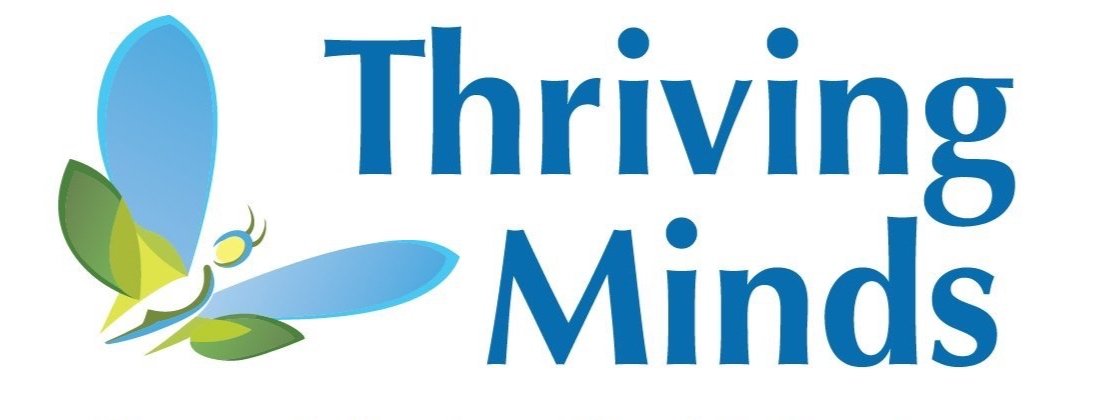Playdates, Clubs, and Sports: Helping Kids with SM Thrive Outside the Classroom
When supporting children with Selective Mutism (SM), it’s easy to focus on the classroom, where speaking demands are often the highest. Yet children’s social worlds extend far beyond academics. Playdates, sports, and clubs are great opportunities for children to build friendships, develop skills, and practice communication in fun and meaningful ways. For children with SM, these settings can feel both exciting and intimidating, but with the right preparation and support, they can become powerful spaces for growth and bravery.
Children with SM often benefit from structured, yet low-pressure, opportunities to connect with peers. Unlike the classroom, extracurriculars can feel more relaxed and enjoyable, which helps reduce the intensity of speaking expectations. Sports, art classes, scouts, and playdates allow children to bond over shared interests, build confidence by mastering skills, and practice brave communication in smaller, more natural steps. Importantly, these settings allow children to carry progress made in therapy or school into other areas of life.
However, simply enrolling a child with SM in an activity or arranging a playdate is not enough and creating a thoughtful plan is essential. Adults may need to lead interactions at first to establish speech, then slowly step back as the child becomes more comfortable. A well-thought out plan should include consideration of the following factors:
The activity - Choose an activity for playdates that naturally invites speech. For example, board games may encourage turn-taking and simple requests, building projects often require children to ask for or share pieces, and playing pretend can naturally involve imaginative dialogues between children.
The peer - Playdates are often more successful with a child who is patient, not quick to respond on behalf of the child with SM, and ideally a bit more mature than their same-age peers. A good play partner is conversationally self-reliant, kind, and not overly pushy or bossy.
The environment - Playdates should take place in relaxed, familiar settings where speech occurs regularly, such as the child’s home or a playground they know well. Introducing a brand-new location adds extra stress and may heighten anxiety.
The expectations - Once the stage is set, it is essential to create reasonable “brave goals.” These might include playing side by side without words, responding to a peer during the playdate, asking a peer a question, or even participating in a group conversation.
The same stepwise approach works well for extracurricular activities, like sports or clubs. In many cases, speech is first established with the coach or group leader, with a parent helping to guide the interaction. Over time, communication can be extended to teammates or group members. It is helpful to educate coaches and instructors about SM so that they know how to support the child. Above all, leaders should avoid pressuring the child to speak and instead create a supportive atmosphere that rewards participation in any form.
Extracurricular activities are not just “extras”—they are vital experiences where children with SM can build courage, connection, and joy. With thoughtful planning, collaboration, and patience, these environments can become safe spaces where children practice bravery step-by-step, turning small successes into meaningful progress.

